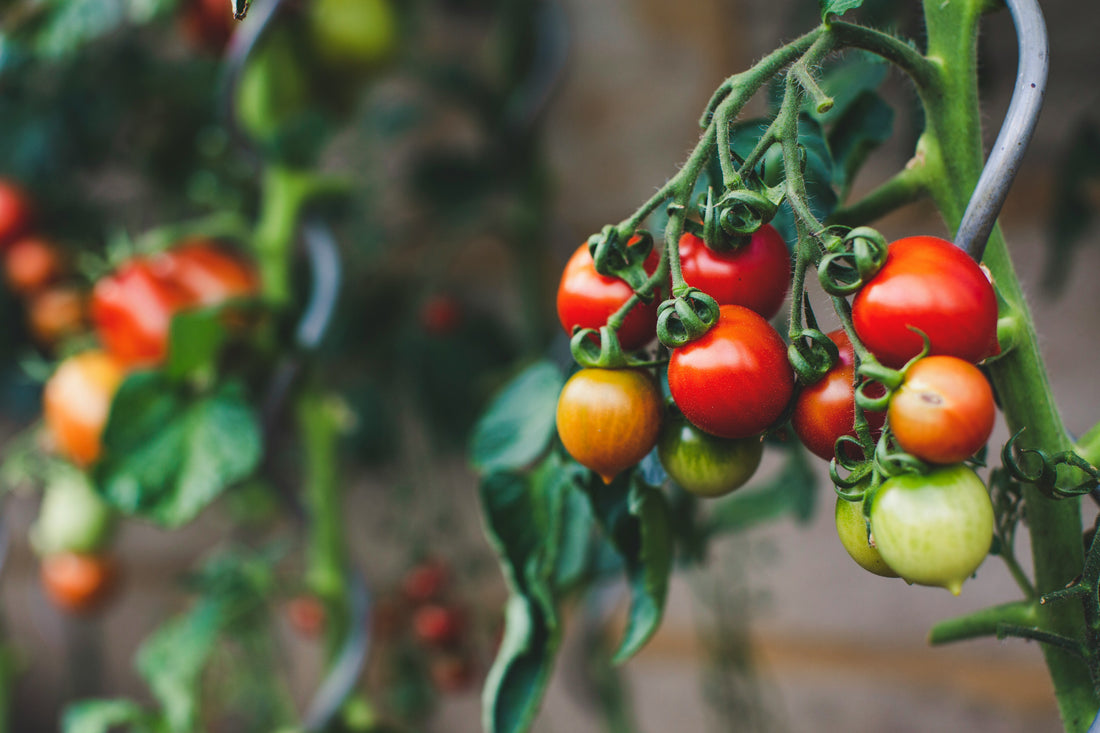The Impact of Pesticides: Is Roundup Safe for Dogs?

As the world leans more towards urbanization, many homeowners find peace in creating their garden sanctuaries. But when pesky weeds invade these green havens, products like Roundup weed killer become the go-to solution. Yet, is Roundup safe for dogs?
In this article, we’ll dive into the world of pesticides, their implications for our dogs, and how the decisions you make about your garden could have far-reaching effects on your dog’s health. Stick around to get the full scoop on glyphosate exposure and its potential hazards.
Pesticides and Their Place in Modern Agriculture
Pesticides, like Roundup, have carved a unique space in modern agriculture. Their introduction brought about a revolution, enabling farmers to achieve higher yields and ensuring cost-effective farming. By effectively killing weeds and pests, these chemicals promise flourishing crops and gardens with minimal effort.
However, every rose has its thorns. The reliance on chemical pesticides, though fruitful, is not devoid of drawbacks. The continuous application of these substances has started raising concerns about their impact on human health, environmental balance, and the safety of our pets.
What is Roundup and How Does It Work?
Roundup is a popular weed killer in the market and is fundamentally a glyphosate-based herbicide. As a non-selective weed killer, it’s designed to kill weeds without affecting the plants you want to keep. The mechanism of action involves interrupting the essential processes in plants, thus leading to their eventual death.
Its efficacy against weeds made Roundup popular among gardeners and farmers alike. From manicured lawns to vast fields, Roundup promises an efficient solution to the problem of unwanted plant growth. Yet, while it has gained favor for its potent weed-fighting properties, the broader implications of its active ingredient, glyphosate, have come under scrutiny.
Research on Glyphosate Toxicity: Human and Environmental Impacts
Glyphosate, the main active ingredient in Roundup, has been the subject of numerous studies worldwide. On the one hand, research indicates that when used as directed, glyphosate poses minimal risks to human health. It is often cited for its role in increasing agricultural productivity and its biodegradable nature, breaking down relatively quickly in the environment.
However, the other side of the coin presents a more concerning picture. Some studies suggest that excessive or prolonged exposure to glyphosate can be linked to various health concerns in humans, ranging from skin irritations to more serious allegations like a potential increased risk of cancer.
Moreover, its wide-scale use is also believed to have detrimental effects on the environment. The persistence of glyphosate in soil, its impact on aquatic ecosystems, and potential harm to non-target plants are growing areas of concern.
Roundup and Dogs: The Direct Effects
Every dog owner knows the insatiable curiosity that dogs possess. From sniffing around the yard to tasting almost anything they come across, our canine companions are natural explorers. This behavior makes the potential exposure to chemicals like Roundup a significant concern.
Direct exposure to Roundup can occur in numerous ways: your dog might walk on freshly sprayed grass, drink from a puddle of treated water, or could even be eating grass and attempt to taste the herbicide directly. Such exposures can lead to an array of symptoms, including vomiting, excessive salivation, and diarrhea. In severe cases, dogs may display signs of lethargy or difficulty breathing.
Long-term effects of glyphosate exposure in dogs are still under investigation. While short-term symptoms can be alarming, the chronic implications of regular exposure are yet to be understood. It underscores the importance of precautionary measures for dog owners who use or are surrounded by areas treated with Roundup.
Indirect Impact: The Residual Effects of Roundup on Play Areas
Roundup and chemical herbicides, once sprayed, don’t immediately disappear. They leave residues that can remain active and harmful for a certain period. This means even if your dog doesn’t directly consume or come into contact with the fresh herbicide, they can still be affected by its residual presence.
For example, a dog playing in a garden or park treated with Roundup a day or two earlier might still face risks. The residues can stick to their paws, fur, and even their toys. Later, as dogs groom themselves or chew on their toys, they can ingest these harmful residues.
For dog owners, this information is vital. It’s not just about knowing when and where Roundup has been sprayed, but understanding the longevity of its effects. It reinforces the importance of washing a dog’s paws after walks or play, especially in areas that might have been treated with weed killers or other lawn chemicals. Ensuring a safe environment for play and exercise is essential for our pets’ health and well-being.
Alternatives to Roundup for Dog Owners
In light of the potential risks associated with Roundup and its active ingredient, glyphosate, many dog owners are understandably on the lookout for safer alternatives. Thankfully, the market is responding with a variety of pet-safe products and organic methods to manage gardens and green spaces.
Natural weed killers, such as vinegar-based solutions or boiling water, can be effective against common weeds and are much less risky for pets. Another method is to introduce plants that naturally deter weeds or use ground coverings like mulch, which can prevent weed growth by depriving them of sunlight.
Beyond these homemade solutions, the market offers an array of commercially available pet-safe weed killers. These products are designed with pets in mind, utilizing ingredients that are non-toxic to both animals and humans.
However, regardless of the solution chosen, always read labels carefully. Just because a product is natural doesn’t always mean it’s safe for every pet or plant. Before applying any solution, homemade or store-bought, make sure you’ve done your research and perhaps even run it by your vet.
Precautionary Measures: Keeping Your Dog Safe
Every dog owner knows the joy of seeing their dog run freely in the backyard or park. However, the potential hazards of chemicals like Roundup make it essential to remain vigilant and take necessary precautions.
If you opt to use glyphosate-based products like Roundup, always adhere to the manufacturer’s instructions. These guidelines are designed not only for the product’s efficacy but also for safety. Many labels advise users to let the treated areas dry completely before allowing pets to access them. Using flags or temporary fencing to denote freshly treated areas acts as a visual reminder for you and a deterrent for your dog. After any exposure to potential lawn chemicals, a quick wash of your dog’s paws can minimize risks. Simple precautions, such as using a damp cloth or pet wipes, can remove residues that might otherwise be ingested during their routine paw licking.
Being an informed consumer goes a long way. Understand the products you’re using, and if in doubt, consult with professionals. Local nurseries or gardening centers often have knowledgeable staff that can provide advice on both the application and safety of products. Always supervise your dog in outdoor areas, especially unfamiliar ones, to prevent contact with harmful substances unknowingly left behind.
Seeking Veterinary Care: What to Do in Case of Exposure
Accidents happen, even to the most cautious of pet owners. Recognizing the symptoms of Roundup exposure in dogs and acting swiftly can make all the difference. While Roundup’s primary ingredient, glyphosate, is often considered to have low toxicity in mammals, its effects can still be detrimental if ingested or absorbed in substantial amounts. Typical symptoms include drooling, vomiting, diarrhea, lethargy, or breathing difficulties.
If you suspect that your dog has come into contact with Roundup or shows any of these symptoms after playing outdoors, it’s essential to consult with a veterinarian immediately. Early intervention can be crucial in minimizing any harmful effects. Some vets might induce vomiting, administer activated charcoal to reduce absorption or provide supportive care depending on the exposure’s severity and the symptoms presented.
Conclusion
The widespread use of herbicides, including Roundup, means our pets are more likely to encounter them, even if unintentionally. While Roundup’s primary ingredient, glyphosate, might be deemed to have low toxicity, the potential for harm still exists, especially when considering the various additives and surfactants that improve the herbicide’s efficiency.
At Bando, we believe in prioritizing your pet’s health above all. Our comprehensive range of care products and supplements ensures that your pet receives the best, especially during recovery from any unforeseen incidents.
We stand committed to helping pet owners make informed decisions for their beloved animals. Explore our catalog to discover top-notch products tailored for optimal pet health and reach out to our team for assistance.






